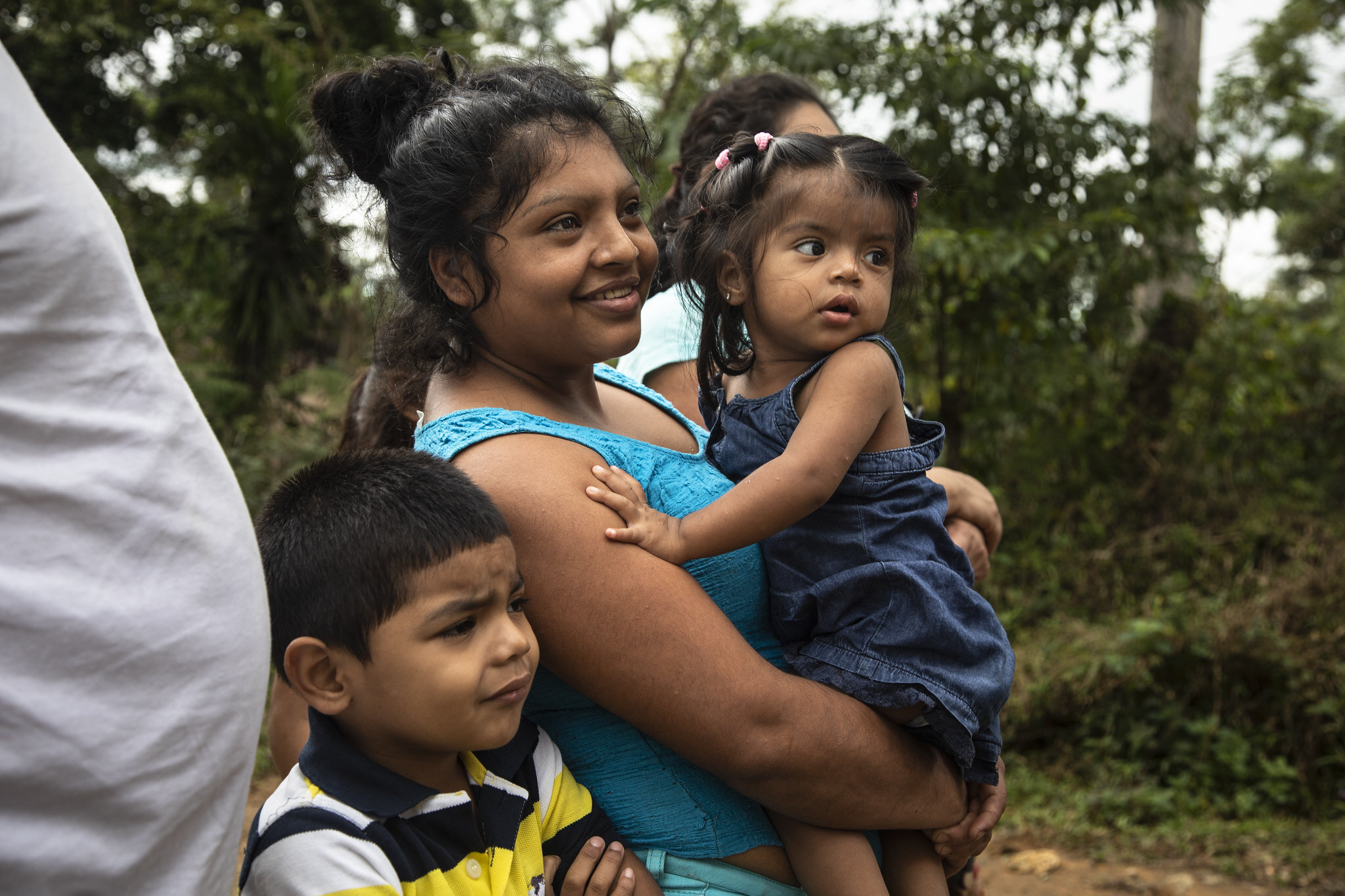
Using Foreign Courts to Access Justice
Companies today operate all over the world, and sometimes when rights abuses happen, these companies can be held to account in their home country. For instance, in certain situations, English companies owe duties to local communities. If these duties are breached, the affected communities can be sued in in the English courts, leading to financial compensation and changes in practice.
But how can you find out where the companies are based?
When can you take legal action against a company abroad?
And what are the benefits, and risks, of taking action in foreign jurisdictions?
Session 1: Litigation in Foreign Jurisdictions: Best Practice
This session will focus on bringing claims against businesses, individuals, and governments in national and international courts. Specialists will present different routes and strategies for taking legal action and use case law examples to show where these strategies work and what practical factors to consider.
This session will look at recent cases and key learnings and strengthen grassroots activists’ understanding of mass tort claims including pros and cons, and risks and challenges.
Session 2: Following the Money: Development Finance
This session will help attendees to undertake their own investment chain mapping, and find out where the money is coming from. We will also investigate the critical role that frontline communities have in defining and strengthening the practices of DFIs and other funders, and how investment mapping can help to identify pressure points and target your advocacy strategies.
Behind every project there are funders and investors who make the work possible. These funders are linked by an ‘investment chain’ not only to the business and contractors managing the project, but the consumers. In mapping investment chains, you can gain a greater understanding of the relationships and power dynamics that exist between funders and companies, which can guide strategies for influencing how the companies behave.
‘Following the money’ in this way often leads to development finance – in many cases, the activity has been financed by loans and credit from national and multinational development banks. These development finance institutions (DFIs) often lack accountability and have inadequate due diligence standards, opening the door for human right abuses and harmful corporate conduct. But over the years, advocates focusing on DFIs have successfully asked them to adopt standards and obligations that can raise the bar and provide avenues for redress. Others have found that focusing media attention on the impacts of DFIs can create systemic change.
Session 3: Financing Legal Action
This session will help attendees to review the resources required for different legal routes and create a case budget. We will also introduce financing actions and options that can help share and reduce costs, and explain the process of accessing free legal support.
Bringing legal action is not a simple process and can be very resource intensive. Paying a lawyer, court and tribunal fees, travel costs, document preparation, independent expert testimonies, evidence recording, and translation can all add up.
Although it can be expensive, there are options and possibilities that can reduce the costs involved in bringing a legal case.
